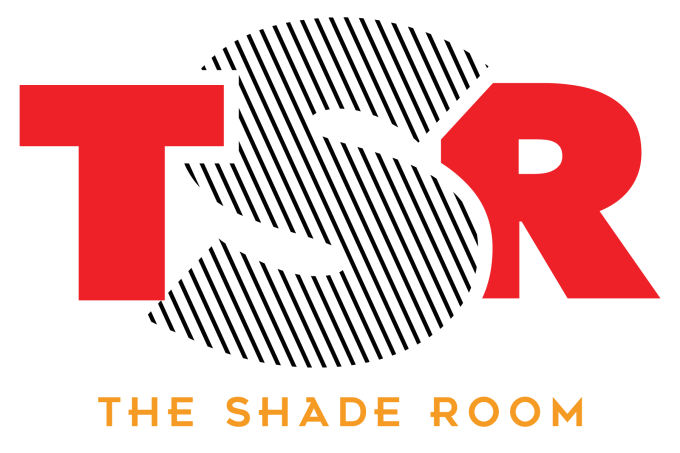
Unfortunately, discrimination can be found in all walks of life—even on rideshare apps. A new study has found some disturbing news, revealing that both black and LGBT passengers had a much higher percentage of their rides canceled in comparison to other users.
According to @NBCNews, although there have been numerous instances of discrimination on ridesharing apps in the past, a new study has uncovered in-depth proof that it is a rising issue. The study conducted by American University shows that black riders, riders perceived to be lesbian, gay, bisexual, transgender or queer, and riders who are perceived to be LGBT supporters are canceled more frequently before pickup than white and presumably straight passengers.
Chris Parker, an Assistant Professor of Information Technology and Analytics, was a co-author of the study and stated this about its results:
“By removing the ability to see information before the drivers accepted a ride request, the hope was that all of the bias we were observing would cease to exist. But after the change was instituted, we suspected that there’s still the problem of some drivers not wanting to pick up certain passengers.”
To test out their theory of discrimination, Parker and fellow author of the study, Jorge Mejia, created several fake profiles:
Although each passenger had a 4.8 rating (out of a 5.0 maximum), the profiles differed in passenger names and pictures. The researchers used four pictures to create the profiles: one for a black woman named Keisha or Latoya, one for a black male named Rasheed or Jamal, one for a white female named Emily or Allison and one for a white male named Brad or Greg. At least 92 percent of people perceive Emily, Allison, Brad and Greg as Caucasian names and Keisha, Latoya, Rasheed and Jamal to be black names, according to a 2004 study, which is why the researchers used these names. They also added a rainbow filter on some of the profiles — using the same names and pictures — to denote that a potential passenger was LGBTQ or supported the LGBTQ community.
The full breakdown of Parker and Mejia’s uncovered this:
From early October to mid-November of last year, the researchers ordered rides from a major and unnamed ride-sharing platform in Washington, D.C., at a fixed central Metro stop. Throughout the experiment, they altered the gender, race, rainbow filer and timing of the ride requests. After calling each ride, the researchers waited three minutes to allow a driver to cancel if they no longer wanted to accept a ride — enough time for them to determine the riders’ race, gender and perceived sexuality or LGBTQ support. If the driver has not canceled at this point, Parker and Meija would cancel the rides themselves so that the driver could receive compensation in the form of a cancellation fee.
After 3,200 observations during both peak and nonpeak hours of the day, the researchers determined that while there was no significant evidence of bias against women riders compared to male riders of both races, both black men and black women were nearly three times more likely to be canceled on than their white peers. Their tests also showed that signaling support for the LGBTQ community with a rainbow filter resulted in the passenger nearly doubling their chance of being canceled on across races.
Parker stated that he has hope that things will change sooner rather than later:
“There’s a lot of next-step actions platforms might consider to ensure a good outcome and that everybody has a safe, comfortable, noncombative ride.”
This is the sad, but unsurprising effect of discrimination that is currently at an all-time high right now.
Roommates, what are your thoughts on this?